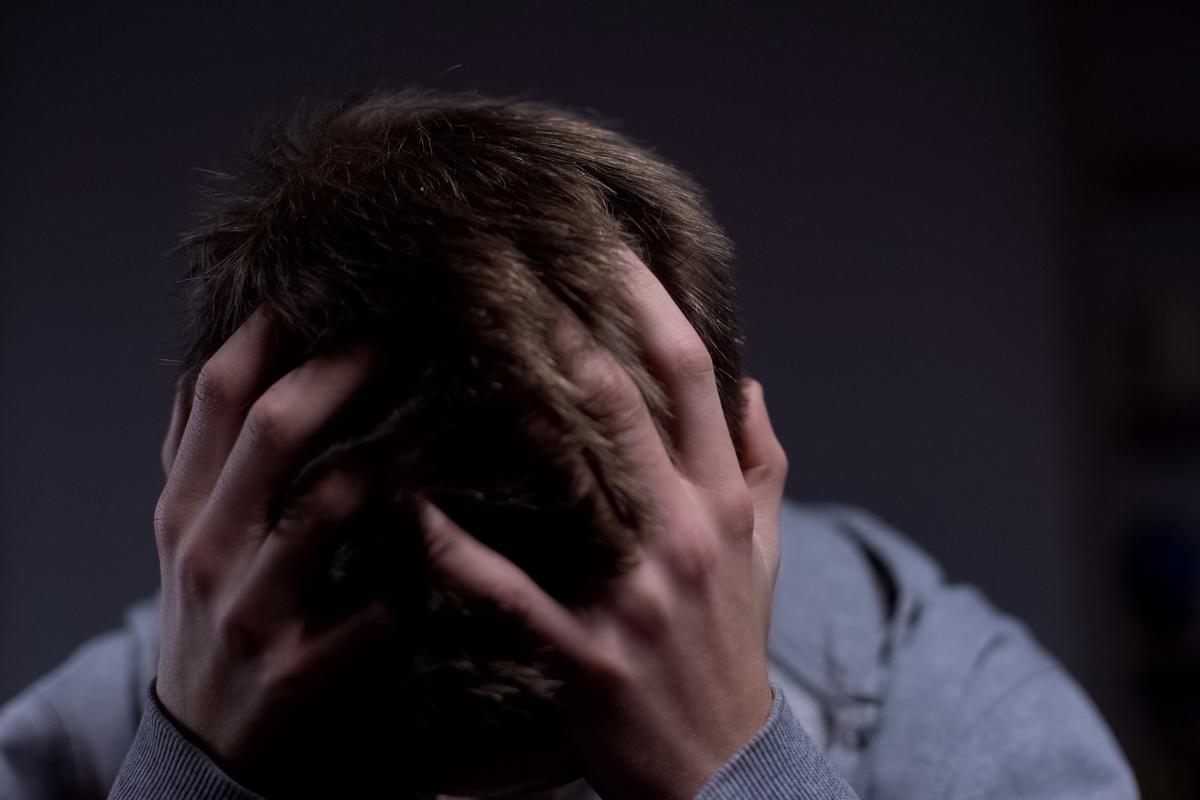Every year, more than 800,000 people worldwide decide to end their lives, according to data from the World Health Organization (WHO). Behind each of these figures are stories of suffering, silence, and despair, but also missed opportunities to act, listen, and offer support.
The good news is that suicide can be prevented, and emotional education, empathy, and support play a fundamental role in this task.
Most cases of suicide are related to mental disorders, especially depression. When a person experiences deep and sustained emotional pain, their mind can become clouded to the point where they see no way out. However, with proper treatment, social support, and a network of emotional support, hope can blossom again even in the darkest moments.
In his book Healthy Mind, Dr. Julián Melgosa clearly and sensitively explains the risk factors, warning signs, and, above all, practical tools for supporting those going through an emotional crisis. His approach combines scientific rigor and a deep human understanding, showing that mental health is not only the absence of illness, but also balance, meaning, and hope.
Factors that increase risk
Suicide does not discriminate based on age, gender, or social status, but there are groups and situations that increase the risk. Loneliness, job loss, substance abuse, chronic physical pain, or financial crises can lead to feelings of hopelessness. Genetic factors and family history also play a role.
Young people and teens deserve special attention. In this group, suicide is the second leading cause of death worldwide. Low self-esteem, bullying, romantic disappointments, or lack of family support can trigger self-destructive thoughts. But at the same time, protective factors such as a close-knit family, good friendships, faith, and purpose have enormous preventive power.
The importance of talking and accompanying
One of the most harmful beliefs is to think that talking about suicide “gives ideas” or aggravates the problem. The reality is the opposite: talking can save lives. Listening without judging, showing understanding, and offering professional help are decisive steps in breaking the isolation of suffering.
When a person expresses hopelessness or mentions death, it is essential to take them seriously and not minimize their words. A gesture of empathy can make the difference between life and death.
It is also important to remember that one's family, social, and spiritual environment can be a powerful barrier against despair. An environment where love, acceptance, and faith that things can get better prevail acts as an emotional shield.
Faith and hope: a healing force
The Bible teaches that life is a sacred gift and that, even in the darkest moments, God's love does not abandon us. As the apostle Paul writes: “Neither death nor life... can separate us from the love of God” (Romans 8:38-39).
From this perspective, Healthy Mind proposes integrating spirituality into the recovery process, not as a religious imposition, but as a path to meaning, resilience, and inner peace.
A resource for understanding and prevention
Suicide is a complex problem, but there is hope. With education, emotional support, and professional guidance, many lives can be saved. If you want to learn more about understanding and preventing suicide, Dr. Julián Melgosa's book, Healthy Mind offers practical and hopeful guidance. In its pages, you will find tools to strengthen mental health, identify warning signs, and promote more compassionate and healthy environments.
Because caring for the mind is also caring for life.





